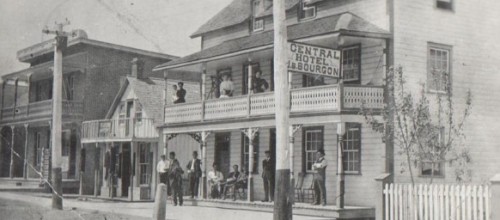
Presented by
Cité de Clarence‑RocklandThe Rockland area has flourished with the development of the L’Orignal-Bytown road in 1840. Previously, farmers relentlessly cleared wooded areas to cultivate the land, their only means of subsistence. In 1868, a young entrepreneur from the timber industry, William Cameron Edwards, decided to build a saw mill at the Pointe McCaul. Then came the railroad in 1888 to haul wood and merchandise.
In 1889, the mission who was served by the priest Caron from Clarence Creek, is elevated to parish. The first pastor of the new parish was Father Siméon Hudon, a native of Quebec City. The first school opened in 1875 and the first high school opened in 1905. The construction of a second railroad in 1908, linking Ottawa and Hawkesbury, had a great impact on the population. Indeed, for 75 cents (round trip) people could go to Ottawa to do their shopping and come back the same day.
The W. C. Edwards sawmill closed its doors in 1926, the result of economic stagnation that prevailed after the First World War. A large part of the population then left for the province of Québec to find employment in the Hull and Gatineau sawmills. Economic recovery finally starts after 1939 with the beginning of World War II. Returning soldiers after the war led to an increase in the population who could now enjoy the new Trans-Canadian Highway. Home building experienced a boom resulting in the expansion of services like water and electricity and the establishment of a first sewer system in 1964.
BaladoDiscovery helps you find the main points of interest in the area on an interactive map, while following your position by GPS and informing you along the way through your cellphone. The information is also available without Internet (Preloading feature of the App).
Enjoy your visit!
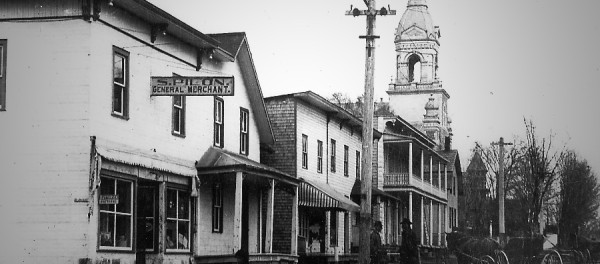

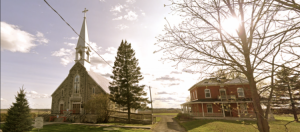
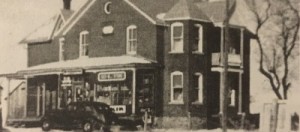
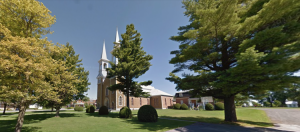
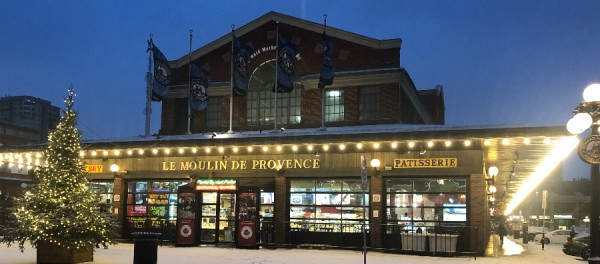
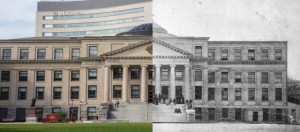

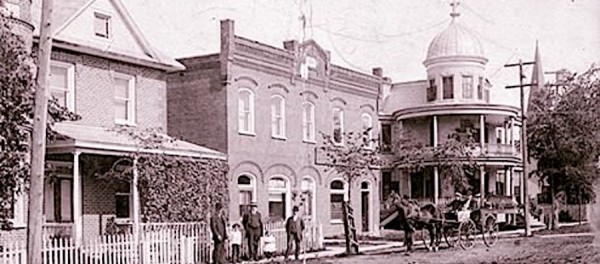
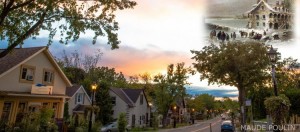
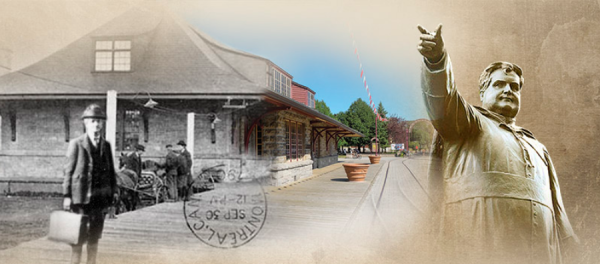
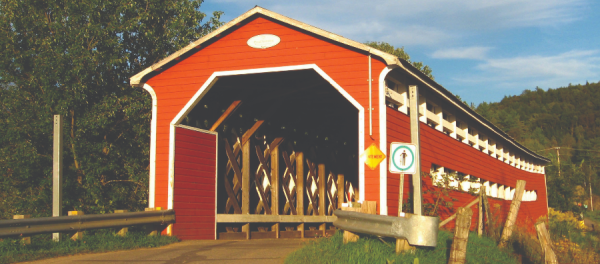
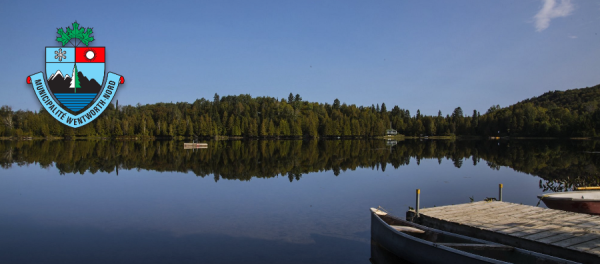

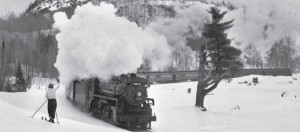
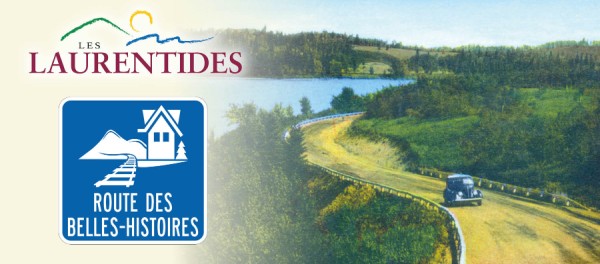
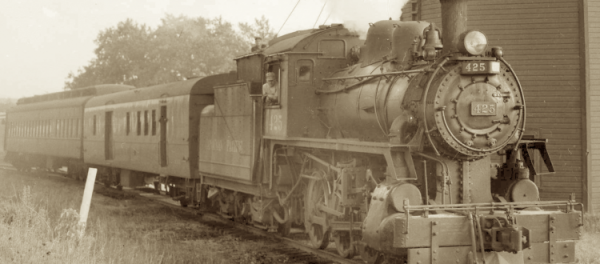
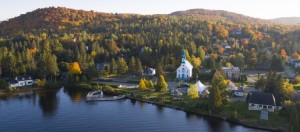
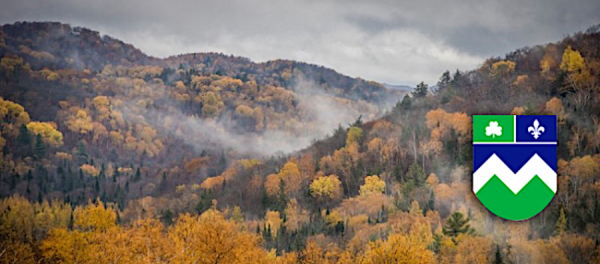
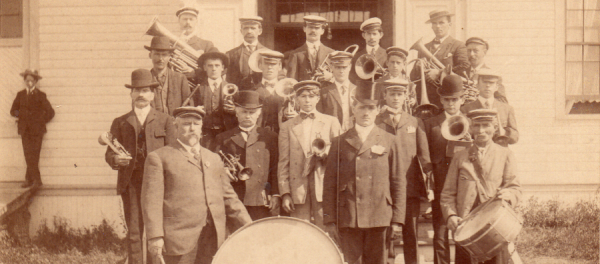
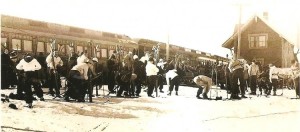
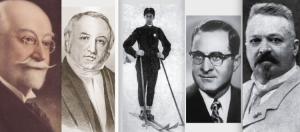

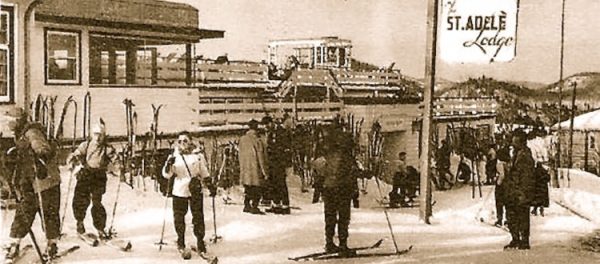
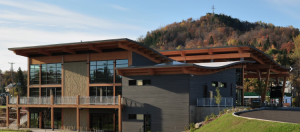

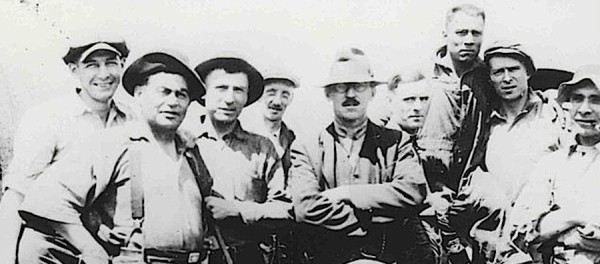
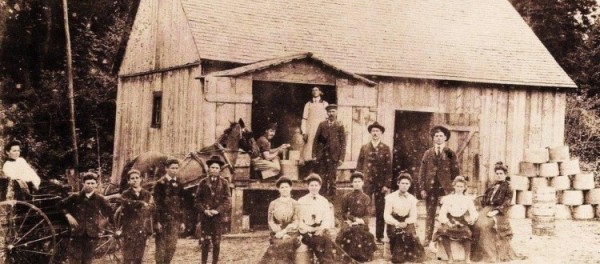
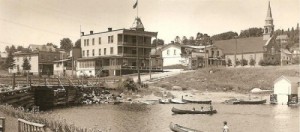
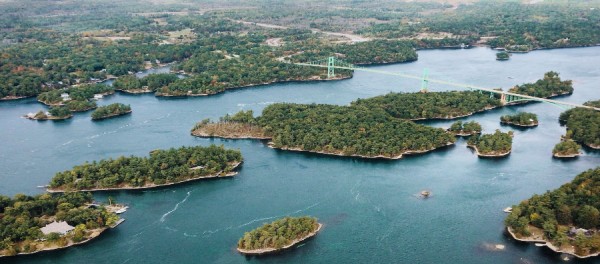
Comments
Rockland's History